Ran Quotes
When I played the Sahara Hotel in Las Vegas on New Year's Eve, I got to bring Wiley, my 85-pound black lab. He's responsible for my favorite New Year's memory of all: At the end of the show, he ran onstage and then out across all the tables in the showroom, sending champagne glasses and gamblers flying.
At the school I attended, the clergyman who ran the cathedral school in Shanghai would give lines to the boys as a punishment. They expected you to copy out, say, 20 or 30 pages from one of the school texts. But I found that rather than laboriously copying out something from a novel by Charles Dickens, it was easier if I made it up myself.
Mama never told me, 'Bess, you did good.' She wanted the best for us and she was an incredible administrator. She ran those three kids, that house, the whole bit. But if I looked fine, she'd find something wrong - the color, the hem... I used to tell her, 'Mama, don't worry when you're not with me, because you're with me.'
To understand how black projects began, and how they continue to function today, one must start with the creation of the atomic bomb. The men who ran the Manhattan Project wrote the rules about black operations. The atomic bomb was the mother of all black projects, and it is the parent from which all black operations have sprung.
I started out mopping floors, waiting tables, and tending bar at my dad's tavern. I put myself through school working odd jobs and night shifts. I poured my heart and soul into a small business. And when I saw how out-of-touch Washington had become with the core values of this great nation, I put my name forward and ran for office.
When I first ran for Congress, I went to my daughter Alexandra, who was going to be a senior in high school, and said: 'I have a chance to run. I may not win, but I'd be gone three nights a week. So, if you want me to stay, I'll be happy to.' And do you know what she said to me? 'Mother, get a life!'

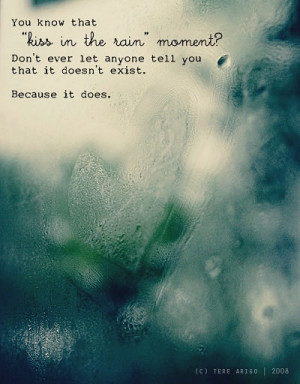









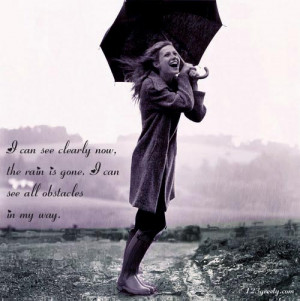

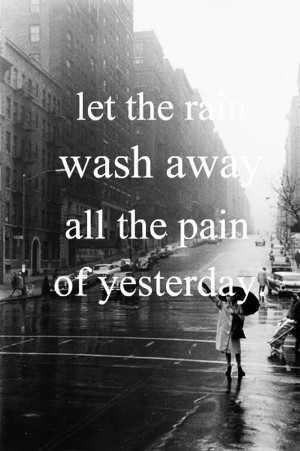






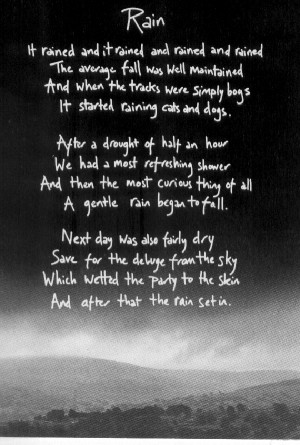





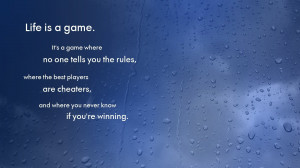



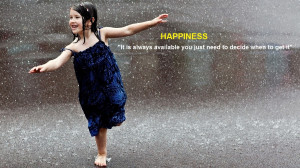








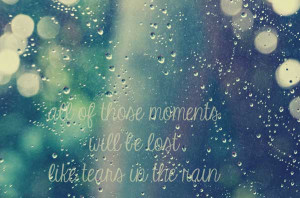

![img]851facebook.com/images/quotes-girly-rainy-days-sun-shine-happy ...](https://cdn.quotesgram.com/small/33/93/1440580769-Quotes-on-rain-Everybody-wants-happiness-nobody-wants-pain.jpg)











